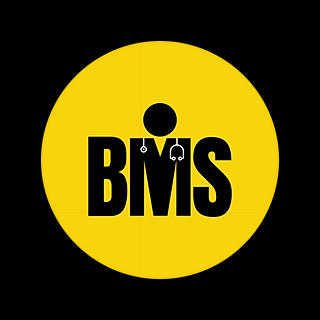Studying in a Pandemic: How to Make the Most of Quarantine
- Black Medical Society (BMS)
- May 28, 2020
- 2 min read
For most medical students not in their final or penultimate years of medical school, we find ourselves with a lot more time and not much to do – a situation that the majority of us will only ever experience again when we retire from the profession! Although there is time for rest, gaining new hobbies, playing FIFA and watching Netflix, it is also really important that we:
Use this time to prepare for when we get back to medical school
Consolidate, maintain and improve on all the hard-earned progress we have made so far.
Here are five ways we can stay on top of things during quarantine:
1. Consolidate your notes – for those who take a long time to prepare notes, this free time is a blessing! Use it to make sure that your notes are not only complete but up-to-date. You will thank yourself later when you need to brush up on certain topics and you have beautifully organised notes to refer to.
2. Study apart, but together – you don't need to break up with your study partners during quarantine, you can make things work long distance. Use video calling platforms to study in groups as if you were back at medical school. Not only will you keep each other focused and accountable whilst at home, but it can be much more enjoyable studying in a group. You could even practice your history-taking and telephone consultations.
3. Make use of online resources – as well as whatever learning resources are on your university's online portal, there are so many websites that offer free study materials for medical students. Websites like OnlineMedEd and Osmosis offer good teaching for specific topics and platforms such as Synapp and PassMedicine provide excellent practice questions.
4. Have a timetable – quarantine days can feel like Sundays on repeat, but you still need some sort of routine, not just for studying but also for exercise and personal development. Plan out your days, give yourself a study schedule that spreads out your work over the week in a way that suits your study style.
5. Think ahead! – the final two years are difficult, but no matter what year you are in, you can make your life easier by using the extended break to get a head start on next year's topics. Speak to your peers in the years ahead of you and get an idea of what next year has in store, then get reading!
Article written by Elijah Chisala, 4th year medical student at Leeds Medical School





Student success during pandemic situations improves greatly when they establish organizational systems, along with following consistent routines. Students who access online resources and join virtual study groups together with cheap dissertation help services can simplify their stress and maintain their academic progress. Students should learn new ways of studying because it leads to maximum effectiveness during quarantine.